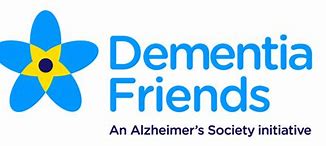Site Navigation
You are Never too Young to Have a Stroke

Gary never expected to have a stroke at age 30. He was fit active and healthy when his life was turned upside down. Below Gary shares his story on his struggles with coming to terms with his illness, and the discrimination he has faced.
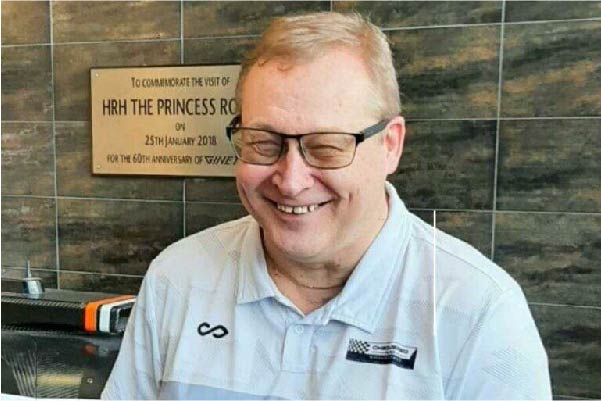
The World Turning Upside Down
“At the age of 30 I was struck down by a haemorrhagic stroke. At the time I had a successful career, a young family and had always been reasonably physically fit and healthy and participated in various sports, yet here I was impacted by ‘an old person’s illness’.
Although I was discharged from hospital fairly quickly, it was a long battle to regain a degree of health and one that ultimately cost me my career, my marriage, my home and my family. I was essentially restarting my life from scratch. Although around 99% physically recovered I was far from actually recovered and was starting out on a very different journey. During recovery I became very aware that my reintegration into society was frequently thwarted either through ignorance, reluctance or discrimination.
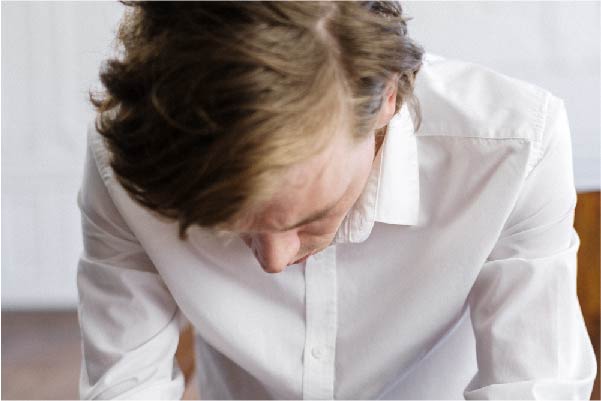
Normal on the Outside
Attempts to return to work were often thwarted by unwilling employers. The expectation was that because I looked ‘normal’ that I was in fact ‘normal’ and fully recovered, although I was struggling really badly with neurological issues – in particular neuro fatigue, and still do so to this day. This makes accepting employment really difficult for me to cope with.
Although I show very few signs outwardly of a stroke (except to those very close to me) the mental impact still lives with me to this day. How can you have an incident that kills brain cells and expect for it to have no long-term impact? However, I find this is exactly what seems to be expected in many cases.
Although the world has changed so much since my stroke (30 years ago) it is both disturbing and disappointing that all these years later, I am still hearing many of the concerns and problems from recent survivors that have been commonplace in my own journey.
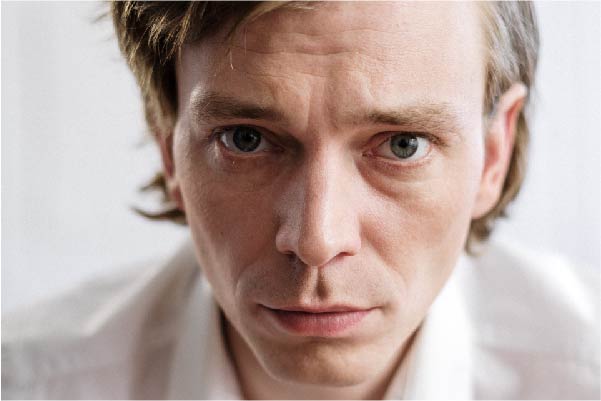
The Stoke that Changed Everything
My stroke happened on 4th December 1993. I remember it was a Saturday morning and I was just playing on the floor at home with my seven-month-old son as many fathers would do with a young child. I recall it was a bright, crisp, fresh day and the sun was very low, shining intensely through our lounge window. I started to get a headache and put it down to the bright sunlight, so closed the curtains. I recall nothing until I regained consciousness with my parents and two paramedics stood over me. I was unable to talk coherently or move as I was effectively paralysed down my left side.
I do not know how long I was unconscious for, and I never will. Thankfully my parents arrived to collect my son and found me unconscious and unresponsive so immediately called for an ambulance. From the F.A.S.T. message (Facial drooping, Arm weakness, Speech difficulties and Time) we should all know that time is critical in getting someone having a stroke the necessary attention quickly so, given the extent of my recovery, I cannot have been unconscious too long, but will never know how long.
“But you look fine!”
I can’t believe there’s any survivor who has conquered the physical challenges of stroke who has not heard this comment – and it continues to frustrate me to this day.
It is fair to say that I lost most of my adult working life. Fatigue made it impossible for me to perform traditional employment and I was regularly regarded as lazy, disinterested and even stupid by a range of employers and potential employers. This is quite ironic given the amount of time I now dedicate to my work.
I have been living with fatigue (the aftermath), no work, financial struggles, battles with medics and the DWP – and for years I have felt abandoned. It is hard for family and friends to understand, it cost me my marriage and one other long-term relationship, my career, my home and my family.
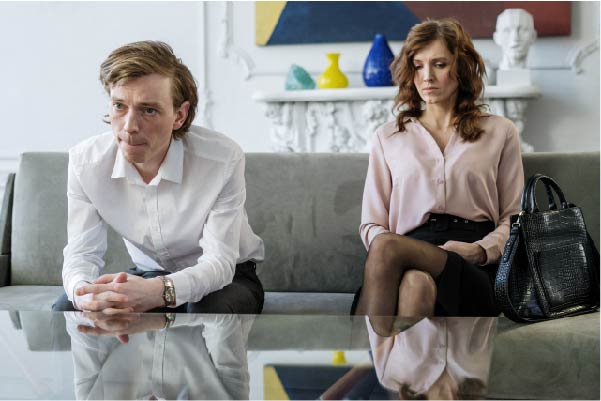
Feeling Alone
I have felt ignored by society, rejected by employers, and misled by the medical profession.
For years I have felt as if I am in a clear, plastic box. Society could see me but as much as I shouted for help -no one could hear me! I was unable to get out and was going faster and faster round the roundabout searching for how to get off.
We are often identified by our roles in society, and I didn’t have one; I was no longer a husband, many times I didn’t feel like a father as my children were so far away, I wasn’t an employee. So what was I? Was I the scrounger that DWP made me feel like? Was I in fact genuine?
In 1998 my frustrations and a degree of boredom led to me creating my own Community Interest Company, Chequered Flag Motorsport, to increase awareness around not only the neurological impact of stroke but other neurological conditions such as ASD, chronic fatigue, PTSD (especially in amputees) and many more and to assist in reintegration and rehabilitation into society through a range of motorsport based activities.
Changing How we View Strokes
I would very much like to see more ‘promotion’ of stroke as a brain injury. As wonderful a job as the F.A.S.T message does it is still the only knowledge of stroke to most people – and the focus is on the physical impact.
We provide links to other UK based charities or non-profit organisations that may be helpful to younger stroke survivors and their families.
I think this provides a distorted message of what stroke actually is and its long term impact.
We must change the way society views stroke and brain injury by continuing to raise awareness and by educating others – and this battle, as I have found, has to start from within, with those of us who live with these challenges.
I have fought to forge my own path. I have recently been informed that I have dysautonomia – an imbalance of the nervous system that controls things like heart rate and blood pressure. This has made things even more difficult and challenging for me.
I have just finished writing a book of my journey post stroke and continue to help others through my work with Chequered Flag Motorsport CIC and, as part of a small group, are hoping to launch our own modern British sports car! I’ve gone from stroke survivor to author and car manufacturer!

It’s Not the End
Stroke doesn’t have to be the end and can be just the start of a very different journey, in which you define your own recovery. Each stroke and its impact is unique, so your recovery and what it looks like will be unique to you. Never give up!”
You Can Help Others Just Like Gary
There are 100,000 strokes in the UK each year with 1 in 4 happening to somebody of working age or younger. Different Strokes aims to promote independent stroke recovery and help these younger stroke survivors reclaim their lives. By playing make a smile lottery for only £1 per week, you are helping them raise funds that allow them to continue to raise awareness of strokes in younger people.
If you have been affected by the Gary’s story, head to our partner Different Strokes website to find out more information on how they can help you.













